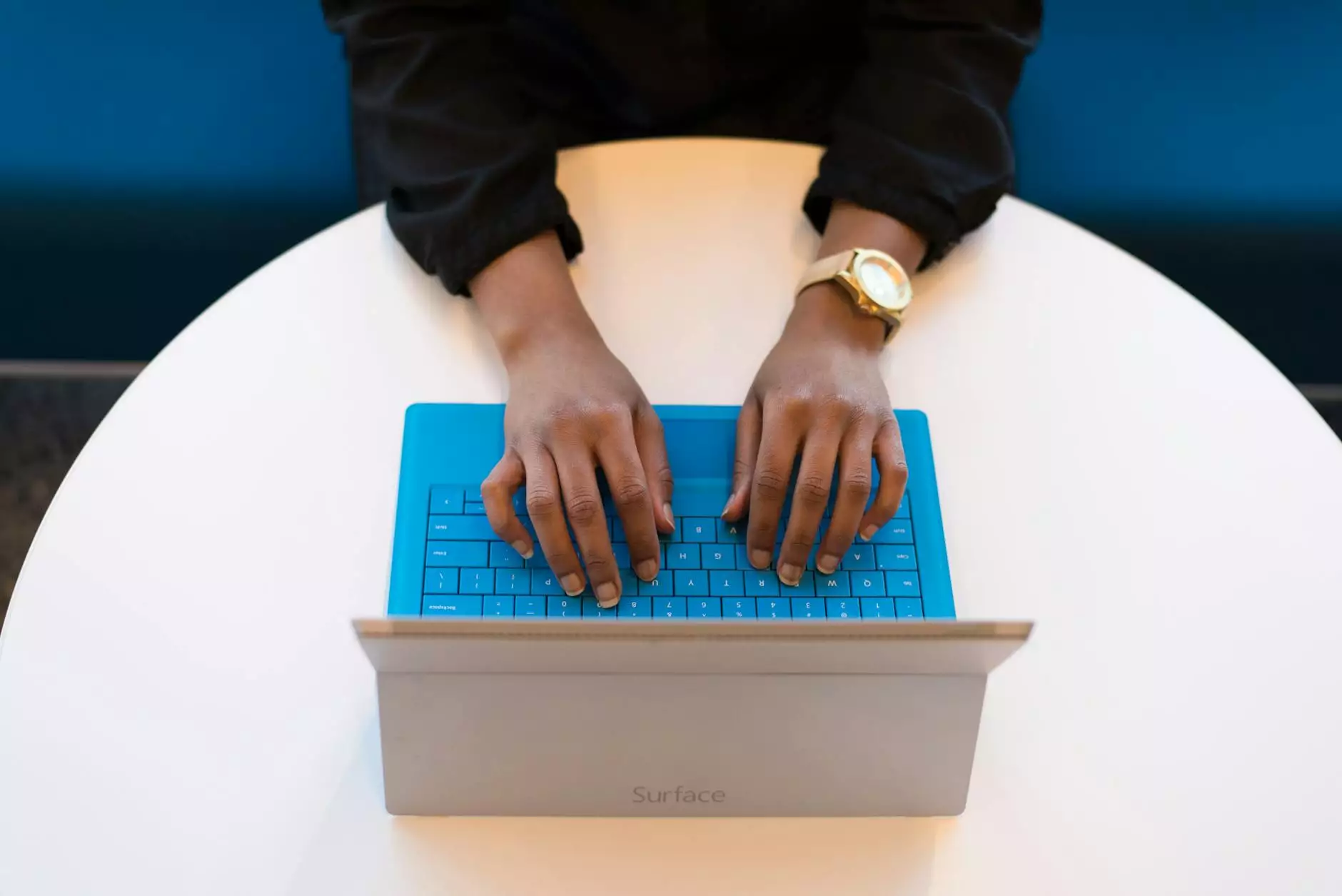Porting PC Games to Android: A Comprehensive Guide

As the world of gaming rapidly evolves, more developers are recognizing the potential of porting PC games to Android. While the PC gaming community is large and dedicated, the mobile gaming market has exploded, offering developers an opportunity to tap into a vast audience. This comprehensive guide explores the intricate details of porting PC games to Android, including challenges, techniques, and best practices to ensure a smooth transition while maintaining the game's essence.
Understanding the Benefits of Porting PC Games to Android
Before diving into the technical aspects, it's essential to understand why porting PC games to Android is attractive for game developers:
- Expanded Reach: Porting to Android allows developers to access a massive mobile user base, increasing potential sales and player engagement.
- Monetization Opportunities: Mobile platforms offer various monetization strategies, such as in-app purchases, ads, and premium pricing models.
- Brand Growth: Successful ports can enhance a developer's reputation, leading to new opportunities for game releases and partnerships.
- Player Flexibility: Catering to players who prefer gaming on-the-go opens up additional channels for community engagement and support.
The Challenges of Porting PC Games to Android
While the benefits are clear, there are significant challenges involved in porting PC games to the Android platform:
- Hardware Variability: Android devices come with a wide range of hardware specifications, which can affect performance and gameplay experience.
- Control Schemes: Adapting controls designed for a keyboard and mouse setup to a touchscreen interface requires careful design consideration.
- Graphics Optimization: High-end graphics in PC games may not translate well to mobile due to hardware limitations, necessitating optimization.
- Testing and Compatibility: Extensive testing is crucial to ensure compatibility across various Android versions and devices, which can be resource-intensive.
Key Steps for Successful Porting of PC Games to Android
To overcome the challenges mentioned above and successfully transition a PC game to Android, follow these critical steps:
1. Assess Your Game's Compatibility
Before starting the porting process, evaluate the game's architecture and dependencies. Some questions to consider include:
- Is the game engine compatible with Android?
- What graphics and audio technologies are used, and are they supported on Android?
- Are there any third-party plugins that could complicate the porting process?
2. Choose the Right Game Engine
If you're using a game engine that supports cross-platform play, like Unity, Unreal Engine, or Godot, your porting journey will likely be smoother. Make sure to utilize the features these engines provide to optimize performance on Android.
3. Redesign Controls for Touchscreen
Adapting your game's control scheme for touchscreen use is crucial. This may involve:
- Implementing virtual buttons and touch gestures
- Providing customizable control layouts for player preference
- Testing extensively to ensure responsiveness
4. Optimize Graphics and Performance
Graphics performance on mobile devices must be optimized to maintain smooth gameplay. Consider the following strategies:
- Reduce polygon counts for 3D models
- Utilize texture compression to save space and improve load times
- Implement Level of Detail (LOD) for dynamic rendering based on distance from the camera
5. Interface Design Adaptations
Your UI should be intuitive for mobile players. This includes larger buttons, simplified menus, and easily accessible controls. A good practice is to conduct user testing early in the design phase to gather feedback and make necessary adjustments.
6. Implement Effective Monetization Strategies
When porting a game, it’s important to consider how to monetize it effectively on mobile. Common strategies include:
- Freemium Model: Offer the game for free with in-app purchases to unlock additional content.
- One-Time Purchase: Charge a single price for the full game experience.
- Ad-Based Revenue: Integrate advertisements to generate income while keeping the game free for users.
7. Thorough Testing and Cross-Platform Compatibility
A robust testing phase is critical to ensure that your game works across various Android devices and versions. Utilize beta testing among diverse groups to uncover any issues that need addressing before full release.
Best Practices for Porting PC Games to Android
To ensure your porting project is successful, keep these best practices in mind:
- Start Small: If possible, begin with a smaller project to understand the intricacies of porting without overwhelming your resources.
- Stay Updated: Keep informed about the latest trends in mobile gaming and technology to stay competitive.
- Engage Your Audience: Involve your community in the porting process by sharing updates and gathering feedback throughout development.
- Monitor Metrics: After launch, closely monitor user reviews and gameplay data to ensure ongoing improvements and updates based on player feedback.
Concluding Thoughts on the Future of Porting PC Games to Android
As technology advances and mobile devices become increasingly powerful, the future of porting PC games to Android looks promising. With a growing audience and advancing capabilities, developers have much to gain by venturing into the mobile space. By understanding the challenges and employing best practices, they can deliver high-quality experiences that resonate with mobile gamers.
The journey of porting a PC game to Android may be complex, but the rewards can prove worthwhile. With the right strategy, developers can greatly expand their reach, enhance their brand, and introduce their beloved titles to a new audience.
About Pingle Studio
Pingle Studio, found at pinglestudio.com, focuses on innovation in the realms of Art Galleries, Graphic Design, and 3D Printing. Our commitment to quality and creativity ensures that each project aligns with our clients’ visions, providing unparalleled service and results that elevate brands and engage audiences.









